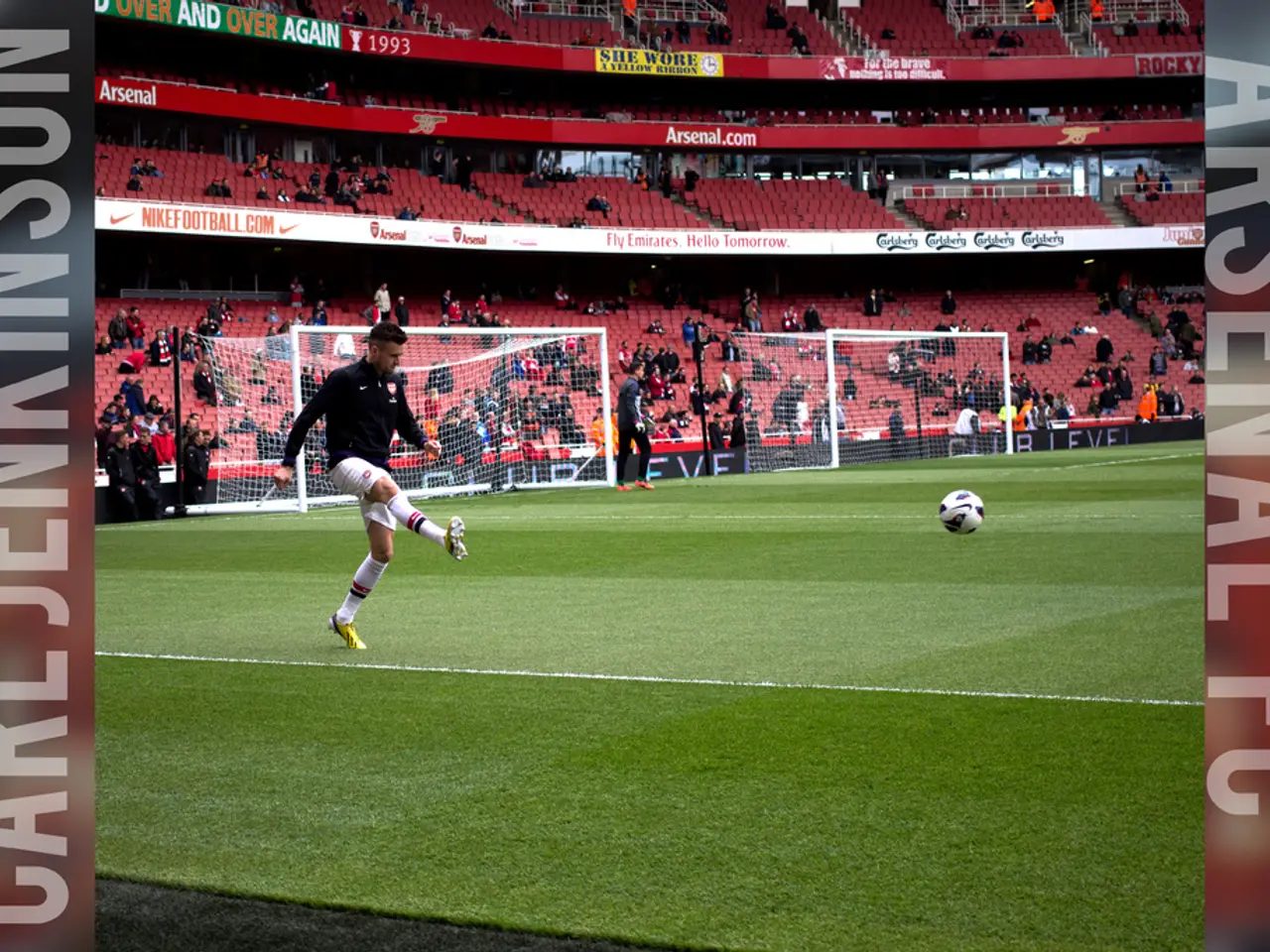Diverging Views on Israel: EU Countries Divide Amid Gaza Tensions
EU member states exhibit divergent views concerning Israel's policies and actions.
The tumultuous relationship between Israel and the European Union (EU) is marked by diverging opinions, leaving the bloc disunited and struggling to achieve a cohesive stance. The recent conflict between Israel and Gaza as well as Israel's interactions with Iran have sparked heated debates among EU heads of state.
Gathering in Brussels, EU leaders demand a shield for Palestinian civilians in Gaza from the Israeli government and the immediate liberation of Israeli captives by Hamas. The leaders urged an immediate ceasefire and emphasized Israel's duty to comply with international law, including humanitarian principles. Settler violence against Palestinians in the West Bank sparked further criticism from the EU.
Regarding Israel's role in the conflict with Iran, EU leaders adopt a reserved stance, not explicitly condemning or endorsing the American and Israeli attacks. They simply urge adherence to international law and restraint. Simultaneously, Iran remains a threat to acquire nuclear weapons and must comply with its Non-Proliferation Treaty obligations.
A Continent at Odds on Israel and Iran
The EU's stance on Israel and Iran remains fragmented, evident in Germany's supporting Israel with no immediate call for a change in its Gaza policy, whereas France takes a more critical approach. Chancellor Friedrich Merz is less critical of Israel and recent attacks on Iranian nuclear facilities, yet insists on Israel addressing concerns in Gaza and improving the humanitarian living conditions for Palestinians.
Trade Restrictions on the Table
In the face of recent developments, EU governments are weighing various sanctions against Israel, with Spain even advocating for the suspension of the EU-Israel partnership agreement. This would require unanimous agreement across the EU. Discussions also embrace the possibility of blocking Israel's access to the EU research funding program Horizon. However, Merz firmly opposes such consequences for Israel, aligning nations like Austria, Hungary, and Slovakia in agreement.
Humanitarian Aid Siege Lifted in Part
Following Israel's halt of aid shipments due to the appearance of armed men on transport vessels, the import of humanitarian goods has resumed for the southern part of Gaza. Deliveries to the northern region remain in question.
EU States Leverage Influence and Public Pressure
The internal rift within the EU leaves room for some member states to exert increased pressure on Israel, whether through reviews of trade agreements or partial economic sanctions. As public sentiments shift towards holding Israel accountable, leaders aim to show their commitment to Palestinians and maintain the EU's credibility as a potential mediator for lasting peace.
- Gaza Strip
- Gaza
- Israel War
- Israeli Settlement Construction
- Israel
- EU Summit
- Friedrich Merz
- Wars and Conflicts
- Iran Conflict
Enrichment Insights:
- Historical and Political Heterogeneity: Understanding the EU's stance on Israel requires appreciating its origins in the divergent national interests and political traditions of member states.
- Geographical and Political Differences: Central and Eastern European countries are traditionally more supportive of Israel, contrasting Western European states that take a more critical view.
- Public Opinion and Domestic Pressure: In recent years, public opinion across Western Europe has become increasingly critical of Israel's actions in Gaza, driving increased political pressure on leaders to respond accordingly.
- Humanitarian Concerns and International Law: Concerns over human rights violations and compliance with international law have contributed to a push for policy changes toward Israel among a majority of EU member states.
- Strategic and Security Considerations: Despite criticism, many EU leaders maintain strong ties with Israel on security grounds, particularly given Israel's conflicts with Iran.
Revised by Mistral AIContact me for high-quality AI content creation!
- The leaders of the European Union (EU) gather in Brussels to demand protection for Palestinian civilians in Gaza from the Israeli government and the immediate release of Israeli captives by Hamas, while urging an immediate ceasefire and emphasizing Israel's duty to uphold international law, including humanitarian principles.
- Amidst rising tensions between Israel and Iran, EU leaders maintain a reserved stance, not explicitly condemning or endorsing the American and Israeli attacks, while urging adherence to international law and restraint, with Iran posing a threat to acquire nuclear weapons and the need for compliance with its Non-Proliferation Treaty obligations.






